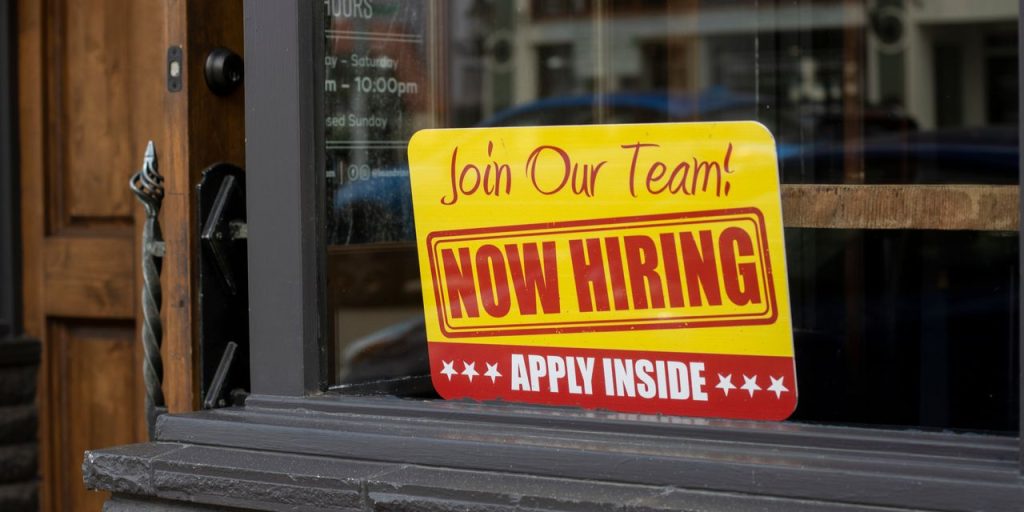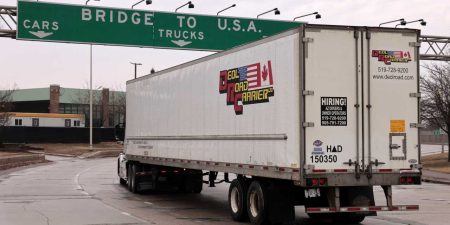Are companies really keeping workers who don’t have much work to do? One former small-business owner and Wall Street economist is deeply skeptical.
“I do not buy this argument that companies are hoarding workers,” said Eugenio Aleman, chief economist of Raymond James in St. Petersburg, Fla. “Why would you keep workers doing nothing?”
So-called labor hoarding has become a catchall explanation as to why companies have not laid off more workers amid a slowing economy, rising interest rates and talk of recession. The unemployment rate still sits near a half-century low at 3.6%.
Talent is so hard to find during the worst labor shortage in decades, the theory goes, that companies are unusually reluctant to fire workers. They worry they might not be able to hire people back once the economy improves given the scarcity of labor.
Aleman said most businesses don’t have the luxury to retain employees if there’s not enough demand for their goods and services, especially since labor accounts for up to 70% of their total cost . Either profits would sink or they would start to lose money.
That was Aleman’s experience as longtime part owner of a family-run Argentinian grill restaurant in Puerto Rico. “If business is down, the first thing you do to reduce costs is to fire your workers,” he said.
It makes even less sense to hoard workers, he said, if a recession is imminent.
“If you know a recession is coming, why would you hoard workers if you know it’s going to be worse in the future?”
Aleman is among of number of Wall Street
DJIA,
economists who think a recession is likely because of rising rates orchestrated by the Federal Reserve to bring down high inflation.
“ “If you tell Wall Street you are hoarding workers, you will get punished by investors.” ”
Aleman said there’s mounting evidence companies are willing to part with employees if business slows enough. He pointed to somewhat higher U.S. jobless claims and a decline in job openings from last year’s record high.
Some businesses might be more inclined than others to retain workers as long as they can, he acknowledged, if they think the economy will improve soon. The cost to retrain future employees might be higher than holding onto existing ones.
Economists say manufacturers in particular are wary of letting employees go because of a chronic shortage of skilled blue-collar workers.
Yet for most firms, Aleman said, the solution to falling sales is clear.
“You can’t fire a machine. You pay for the lifetime of it and have to keep it,” he said. So businesses have to take other measures to reduce costs.”
Aleman noted that few companies or executives have publicly admitted to keeping idle workers on payrolls.
“From an economic standpoint it makes no sense. From a business standpoint it makes no sense,” he said. “If you tell Wall Street you are hoarding workers, you will get punished by investors.”
If labor hoarding isn’t really going on, then, what explains the ultra-low U.S. unemployment rate and near-record low layoffs? A stable economy.
While the economy has slowed over the past year, it’s still growing steadily despite sharply higher interest rates.
“My corner sports bar has now reopened on Sundays and Mondays,” noted Thomas Barkin, president of the Richmond Federal Reserve, in a recent talk.
Read the full article here














